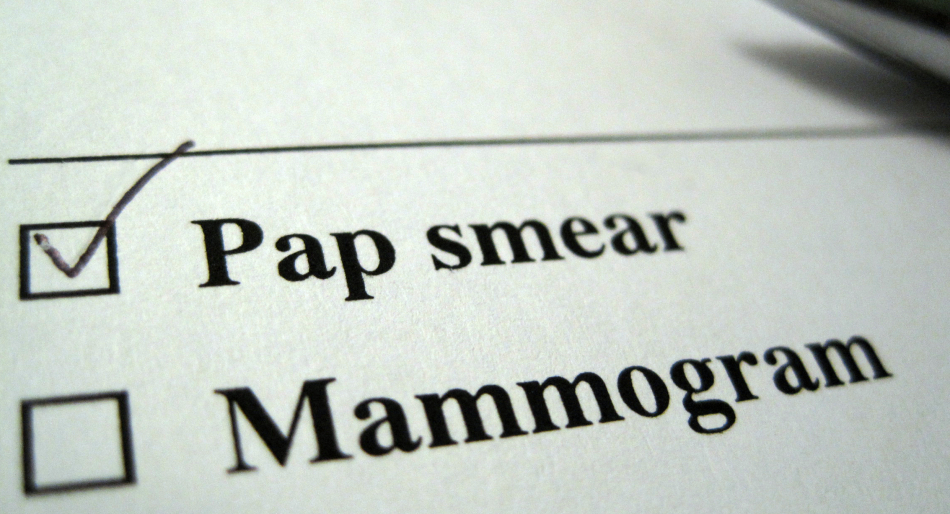 What is Pap Smear Test, Preparation and Risk?
What is Pap Smear Test, Preparation and Risk?
What is Pap Smear Test ?
The Papanicolaou test, or Pap smear, is an examination of a sample of cells from your cervix (the entrance to the uterus, located at the inner end of the vagina) to check for cervical cancer. This cancer is caused by infection with a virus called human papillomavirus, or HPV. Pap tests examine the shape of the cells under the microscope, to identify any that are clearly cancerous or appear precancerous. Today’s Pap smear may include testing to see if you are infected with HPV. Only a fraction of people infected with that virus get cancer, but infection does increase risk. All women who are 21 or older, and younger women who are sexually active, should have a Pap smear every one to three years, and more often if any abnormalities are found.
How do I prepare for the test?
This test must be done when you are not having any menstrual bleeding. Do not douche, insert a tampon, or have intercourse for 24 hours before the test. Don’t use any vaginal creams on the day of your test.
What happens when the test is performed?
The test begins with a pelvic examination. Your doctor might use a cotton swab to clear extra mucus from the vagina and cervix. He or she then takes a small rounded spatula and gently rubs a few cells from the outer surface of the cervix. The doctor also collects cells by inserting a small brush into the opening in the center of the cervix (the cervical os). You might feel some brief cramping when the cells are being collected, but otherwise the procedure is painless. The cell samples are either smeared across a glass slide or shaken loose into a bottle containing special fluid (a laboratory technician will transfer the samples to a slide later). Both a machine and a trained laboratory specialist examine the sample to check for abnormal cells.
What risks are there from the test?
There are no risks from this test. Some women have a small amount of vaginal bleeding or spotting after the test.
Must I do anything special after the test is over?
No.
How long is it before the result of the test is known?
It can take one to two weeks to receive results. If your sample is abnormal, your doctor is likely to recommend additional tests or treatment, such as a colposcopy.



